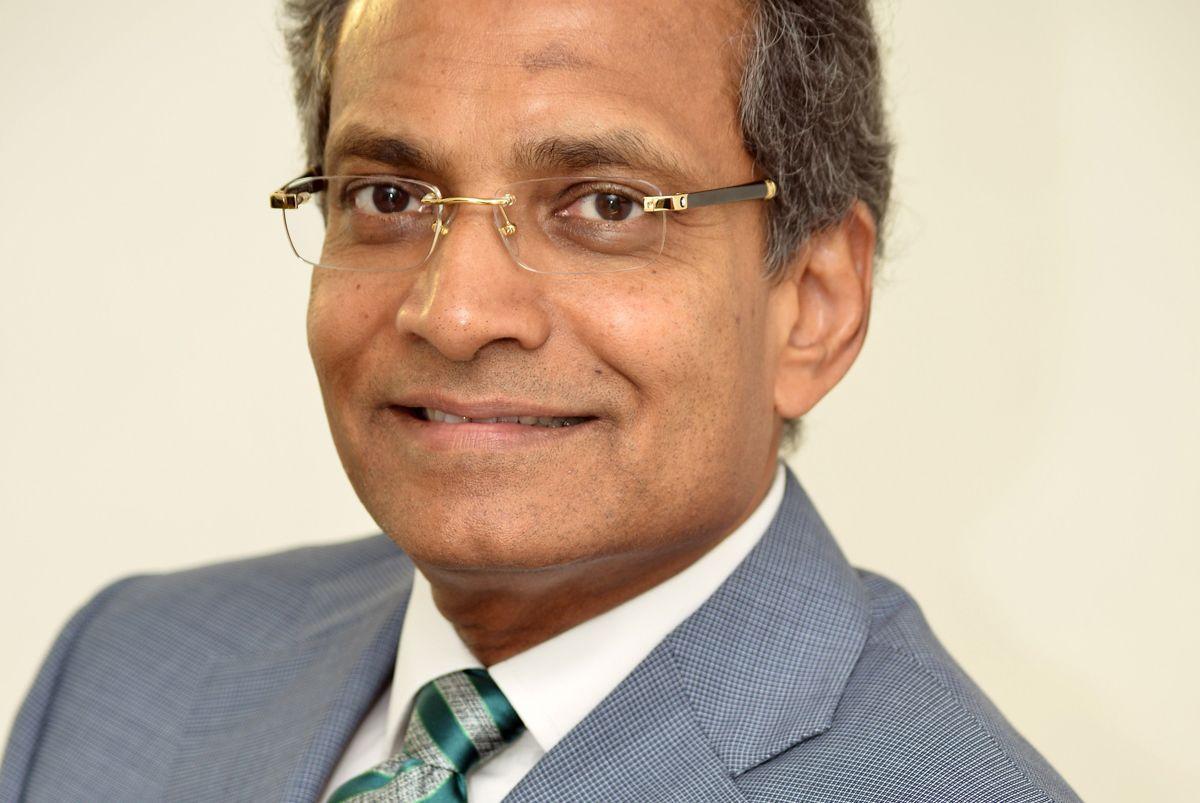Morocco, which relies on energy imports for most of its needs, plans to award contracts to add 800 megawatts of solar-power capacity by the end of this year.
Three groups – led by Engie, EDF Energies Nouvelles and ACWA Power International – made technical bids last month for the engineering, procurement and construction work, Obaid Amrane, a management board member at the Moroccan Agency for Sustainable Energy, said Monday in an interview in Abu Dhabi.
The project, consisting of two 400-megawatt facilities, will probably take as many as two and a half years to complete once construction begins, he said.
Morocco imports 97 percent of its energy, according to a World Bank report in 2015, and it has few reserves of oil and natural gas, unlike neighboring Algeria and Egypt. The North African country is seeking to reduce its dependency on imported fossil fuels and plans to produce 42 percent of its electricity from renewables by 2020, Energy Minister Aziz Rabbah said on Sunday in Abu Dhabi.
Even the world’s biggest oil exporter, Saudi Arabia, has joined a regional push for renewables, with plans for up to $7 billion of solar and wind projects this year, Turki Mohammed Al Shehri, head of the kingdom’s Renewable Energy Project Development Office, said Tuesday in Abu Dhabi. Like other Middle Eastern oil producers, Saudi Arabia is looking to renewables to feed domestic demand that’s soaking up crude it would rather export to generate income.
ACWA Power’s CEO Paddy Padmanathan confirmed its bid for the Moroccan project and said his company expects to submit a financial proposal by April or May. Media officials at Engie and EDF Energies Nouvelles had no immediate comment.
Development banks are likely to provide financing for the solar facilities, and a bond sale is also an option, Amrane said. Morocco plans by 2020 to have 6 gigawatts of installed renewable capacity, including solar, wind and hydropower, he said.
Adding intermittent renewable energy sources such as solar and wind to electricity grids raises the need for grid-balancing services. Batteries are seen as a solution, as they can be charged with excess clean power and switched on and off quickly.
Other countries in the Middle East with large renewable energy programs have also begun programs to add batteries to their grids. Jordan, for example, will host a tender for 30 megawatts of storage early this year.
Morocco will probably make greater use of battery technology to store power generated from renewable resources, Amrane said. “We anticipate a lot of innovation and price decrease in that market.”







